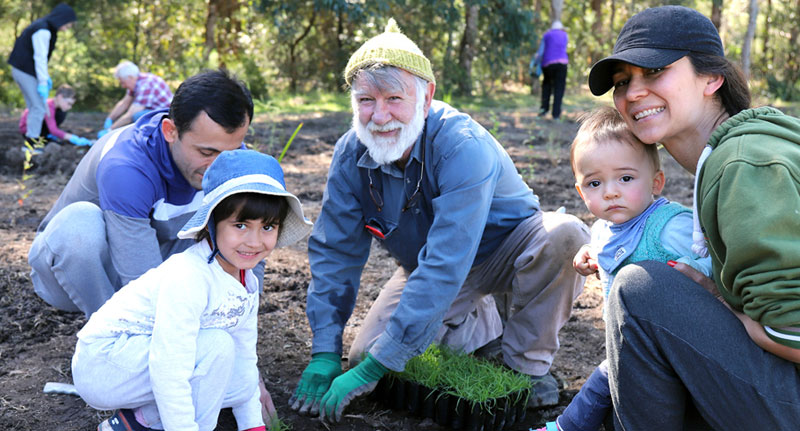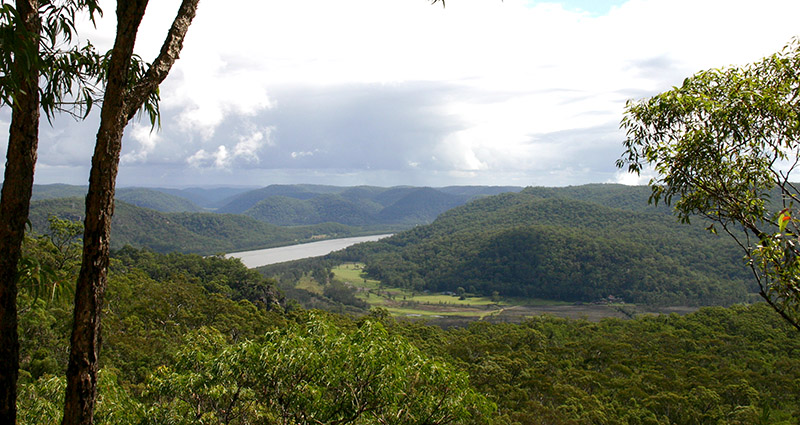Water Wise Homes
Introduced by the NSW Government, BASIX®, the Building Sustainability Index, ensures that new homes use less potable water.
A BASIX certificate is currently required for all new development and complying development applications for new residential buildings, large renovations, and new swimming pools.
For existing homes, we have also brought together a few cost-effective tips and tricks to reduce your water use and help you conserve water as a precious natural resource.
We can’t think of a better place to start to use water wisely than in our own homes. It's where we spend most of our time and where we have the most control over how things are done.
Much water can be saved, without compromising your comfort and lifestyle, through the combination of three important measures:
- Firstly, overall water use can be reduced through the installation of highly efficient fixtures, appliances and systems, throughout your property
- Secondly, rainwater and / or greywater should be used in preference to drinking water for purposes such as toilet flushing, laundry and irrigation where appropriate
- Thirdly, minimise the volume of external water features and pools. Reuse water in water features and utilise pool covers.
You can check out our In the Home page that contains specific tips for how to have water friendly (water reducing) homes including information on Rainwater tanks.
And you can also check out Sydney Water's pages on finding leaks, and tracking water use around the house. A big bill often means a leak, or faulty fixture, is wasting your water and money Water use and conservation.
The water from our houses and gardens eventually ends up in the river. We can all do our bit for healthier rivers, simply by making small changes to how we go about our day-to-day lives.
Ways you can prevent pollution of the waterways from the comfort of your own home:
- Sweep gutters and driveways instead of hosing
- Wash your vehicle on the grass, not on the road, then pour any leftover soapy water on the lawn. Or go to a car wash.
- Rake up grass clippings and place them in the green waste bin
- Clean water-based paintbrushes over soil or in a sink connected to the sewerage system
- Put cigarette butts in the bin
- Take plastic bags with you when walking the dog
- Recycle plastic bottles, cans and bags
- Capture sediment before it enters drains
- Report stormwater pollution to EPA, Sydney Water or your local Council.
An overflowing sewer can be unpleasant and anyone who has had the experience usually remembers it. Sewerage overflows effect everyone, they cost money to clean up and they damage our environment. By working together, we can help keep stormwater out of the sewerage system.
As a property owner you are responsible for maintaining the internal pipes on your property so that stormwater doesn’t leak into the sewerage system.
If you are unsure if stormwater is getting into your internal sewerage system, there are a number of tests that can be conducted to find where potential issues may be including:
- Camera investigation – a remote control CCTV camera can be inserted into the pipes to check what condition they are in; and/or
- Smoke testing – which is non-toxic smoke directed into the sewer pipes and typically smoke will come out of any inappropriate connections or breaks to pipes.
If you suspect a broken pipe, contact a licensed plumber immediately.







